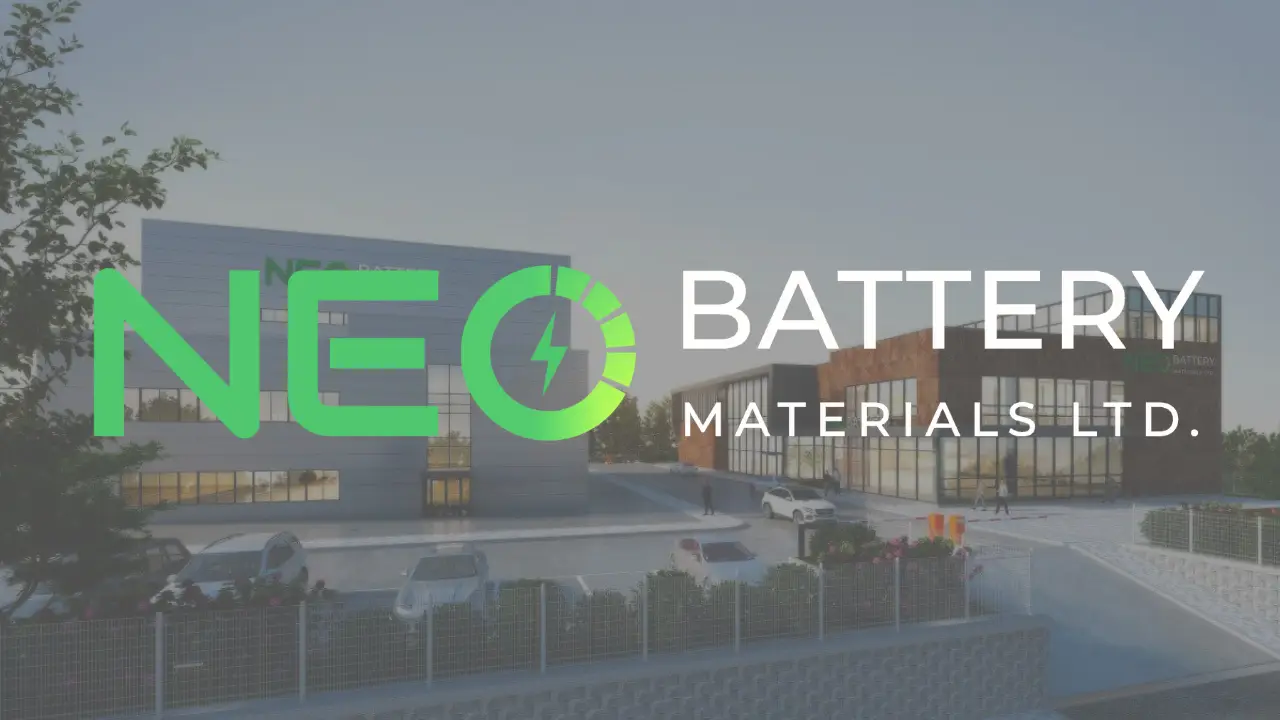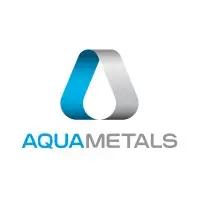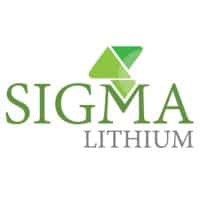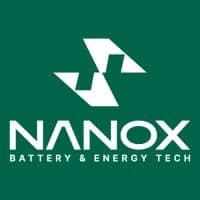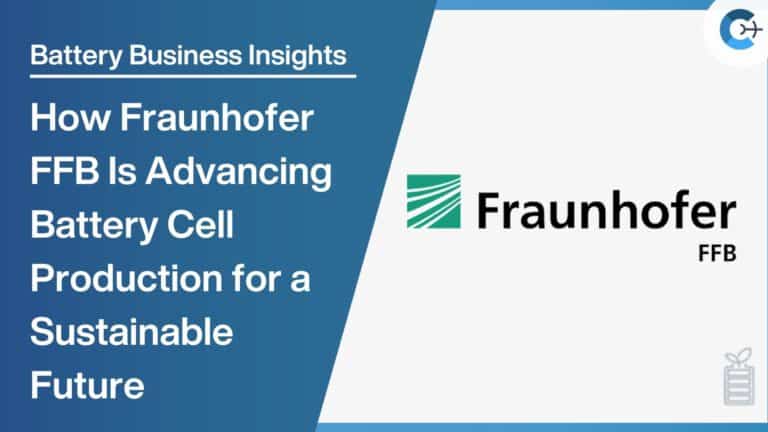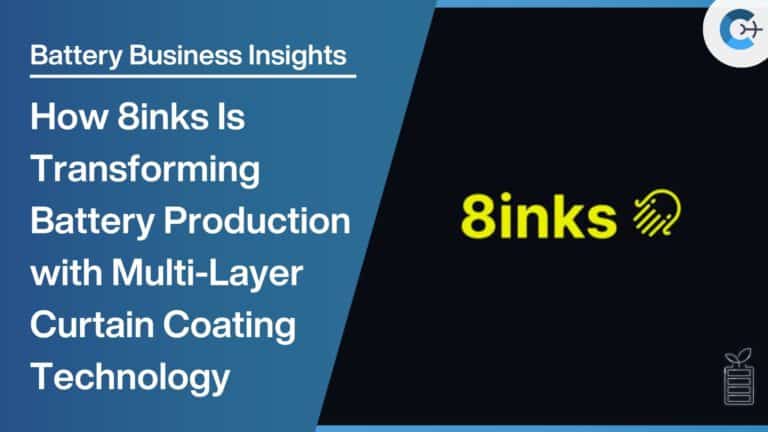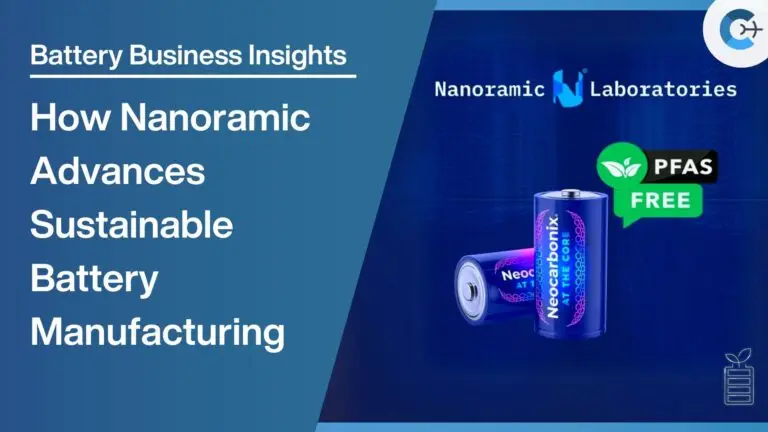Recent tests conducted by Novacium, a France-based subsidiary of HPQ Silicon Inc., have demonstrated the continued effectiveness of its GEN3 silicon-based anode materials in lithium-ion batteries. After 100 charge-discharge cycles, 18650 batteries containing Novacium’s GEN3 materials retained approximately 40% more capacity than comparable graphite batteries.
The tests, designed to replicate real-world usage conditions, showed that GEN3 batteries retained an average capacity of 3,838 mAh after 100 cycles. This performance represents an improvement of more than 26% over GEN1 and more than 15% over GEN2 materials. GEN3 batteries exhibited a degradation rate similar to graphite batteries, with a difference in capacity retention of less than 0.5%.
Dr. Jed Kraiem, COO of Novacium, noted that these results validate the company’s capabilities in producing advanced silicon anode materials. The GEN3 material enables 18650 battery cells to achieve capacities in excess of 4,000 mAh under maximum discharge test conditions while maintaining performance over extended cycling.
Novacium reports that its silicon-based anode materials are compatible with existing manufacturing processes, potentially facilitating adoption without significant changes to current production methods.
These developments can contribute to the advancement of lithium-ion battery technology, potentially offering increased energy density and longevity for various applications.
Source: Novacium Press Release



